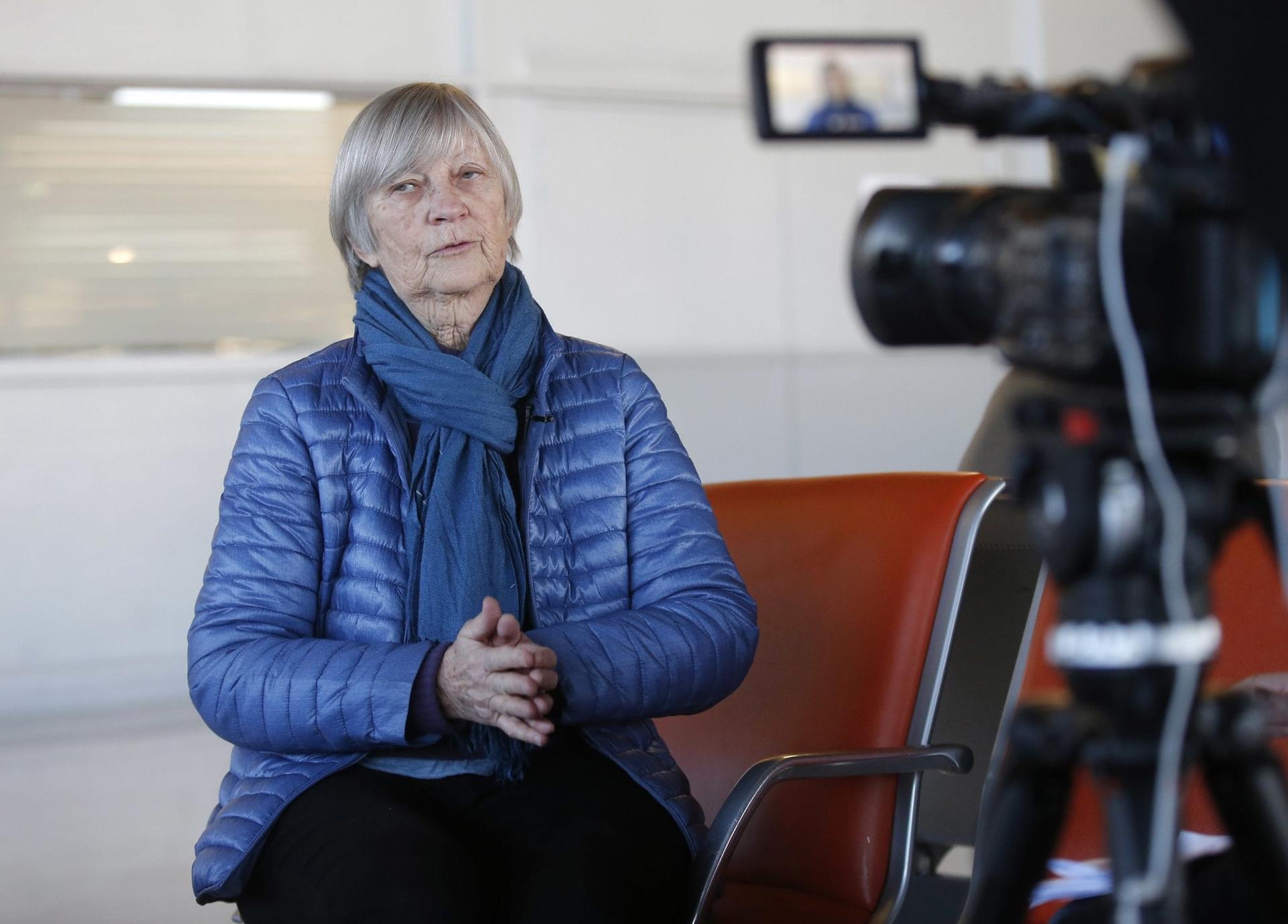ROME – A former member of the Pontifical Commission for the Protection of Minors has charged that Pope Francis is not making the fight against sexual abuse a priority, and expressed her frustration with the procedures and limitations of the group, which she said led her to hand in her resignation last year.
The commission is an advisory body to the pope on the issue of safeguarding minors and vulnerable adults from sexual abuse. Its first three-year mandate concluded in December 2017, and appointments of new members, along with the confirmation of some previous members, came earlier this month.
French child psychiatrist Catherine Bonnet said she tendered her resignation letter in June to Cardinal Sean O’Malley of Boston, a member of the C9 group that advises the pope and the president of the commission, after she failed to convince the majority of its members to enact changes she perceived as necessary.
“I personally advocated that bishops and superiors of religious orders be required to report suspicions of sexual abuse of minors to civil authorities, which is already done in the United States, including for all members of the clergy,” Bonnet said in an interview with French news outlet L’Express.
“I had support, but when I saw in June that I was not going to be able to convince two-thirds of the commissioners, according to the rules, I wrote my letter of resignation.”
Francis reportedly did not accept her resignation, but when the commission’s term expired and was rebooted in February, Bonnet was no longer on the list of members. The new commission lineup was announced on Feb. 17 and includes nine new members, some of whom are also victims of abuse.
The relationship with abuse victims has been a recurring issue for the commission, with two clerical abuse survivors, Peter Sanders of the UK and Marie Collins of Ireland, resigning from the group and publicly criticizing the Vatican’s methods and approach.
“When [abuse victims] send letters, we do not answer them! Marie Collins found this point particularly unbearable,” Bonnet said, adding that in her 35 years of experience working in this field, the testimonies of survivors are essential.
The French psychiatrist stressed the importance of collaborating with other organizations and institutions that are active on this issue, such as Ending Clerical Abuse.
“We wanted to work with the Congregation for the Doctrine of the Faith, which is officially charged with pedophilia issues in the Vatican. But it was not easy,” she said.
While Bonnet seemed to praise certain decisions by the pope, such as appointing O’Malley to head the commission and replacing German Cardinal Gerhard Ludwig Müller as the prefect of the Congregation for the Doctrine of the Faith, she was critical of other aspects.
“The problem is that the pope did not come to our plenary meetings,” she said, echoing an issue that had been pointed out previously by other members of the commission, and stating that it’s important that the pope review the themes addressed by the group and participate in the conversations.
“Not to mention that we only meet once a week, twice a year! It is far too little,” Bonnet said. “Pope Francis must make the protection of children a priority now.”
In terms of holding bishops who cover up abuse accountable, Bonnet stressed the need for an ad hoc tribunal charged with treating these cases. In his 2015 motu proprio, ‘Like a Loving Mother,’ Francis opened up to the possibility of a disciplinary committee that would judge clergy charged with negligence in cases of sexual abuse.
This project was abandoned in 2016, officially in light of the slew of legal issues that were raised, and the pope urged officials to use already existing systems of accountability.
“We were not informed of the motives behind the change,” Bonnet said. “The most important thing was that something be done. But the motu proprio was supposed to be enacted in September 2016. Up till now, no cases have been heard.”
The child psychology expert pointed out that among the new members of the commission there are several law experts, including an African law professor, an Australian judge and a Polish specialist in constitutional and canon law.
“A commission such as this one must make recommendations, but not only. If you want to arrest criminals, there has to be a change of law, because that’s the only thing that scares them,” she said.
Bonnet also called for exempting cases of clerical sexual abuse from provisions of Church law related to pontifical secrecy, arguing that it’s important to inject transparency into the process.














